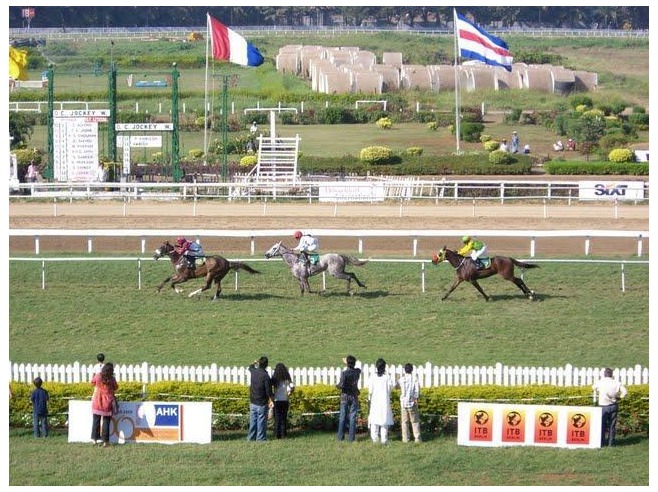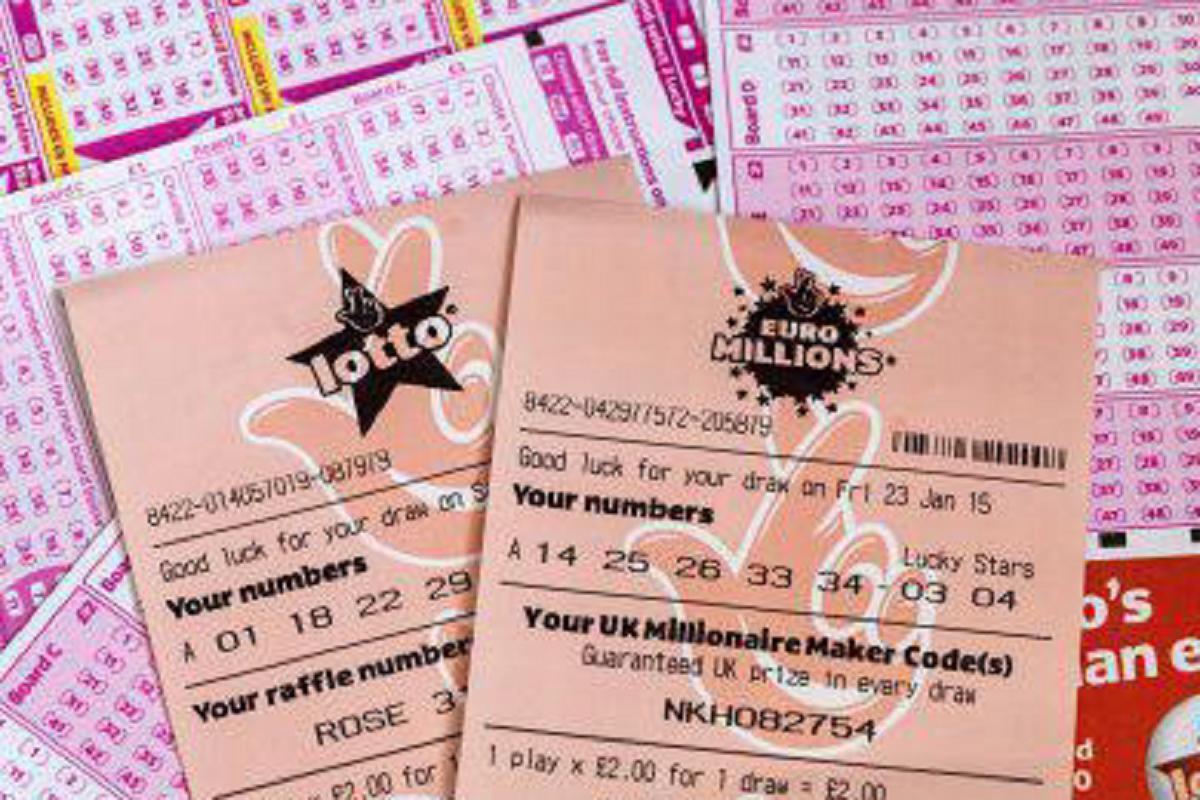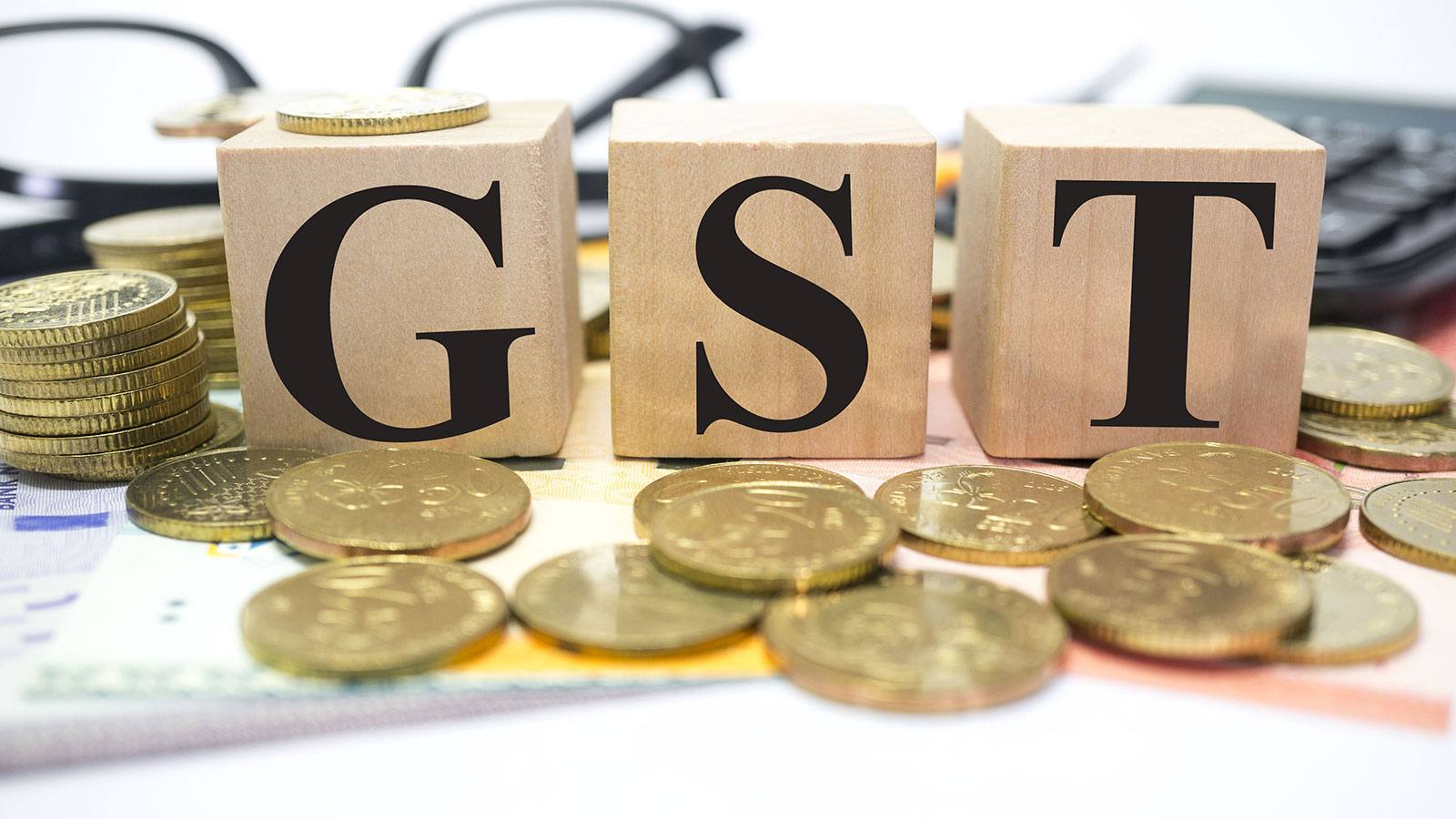Legal & Regulatory
India Today Group and other shopping websites conducting contests in violation of Consumer and Criminal laws

Online shopping website Bagittoday (of the multi-million dollar India Today group) and other websites such as 100bestbuy, Mydala and FS4i have been conducting contests, promotional programmes and schemes where a customer has to pay a token amount (say Rs. 50 or 100) to stand a chance to win expensive electronic and other goods worth thousands of rupees.
While some websites refund the amount in kind (through some kind of shopping points system), others assure a gift to unsuccessful customers in a bid to promote and publicise their products and brands. The claims of these websites indicate that they are not making any profit or keeping the proceeds of the amounts received from participants of the contest and are reimbursing the entire amount staked by unsuccessful customers through gifts, shopping points etc.
It has been noticed that not only online shopping websites but various shopping outlets, mobile phone operators and other sellers are offering thousands of promotional contests and lottery competitions.
While such schemes have been popular and advertised widely, readers and citizens have expressed concerns over the legality of the same. While the schemes may seem attractive and have lured innocent consumers, they clearly violate the Consumer Protection Act, 1986 (CPA) and possibly even the provisions of the Indian Penal Code, 1860 (IPC).
A. VIOLATION OF CONSUMER LAWS BY THE ONLINE SHOPPING COMPANIES
The CPA is a law enacted to protect the interests of consumers against fraudulent or lucrative schemes offered by sellers and ensure fairness in supply of goods and services. With this intent, unfair trade practice is defined under the Act and sellers are prohibited from conducting any such activity detrimental to the interests of the consumers.
Section 2(1)(r) of the CPA classifies any form of lottery or prize competition with the intention of promoting sales as an unfair trade practice. Section 2(1)(r) is reproduced as follows:
unfair trade practice means a trade practice which, for the purpose of promoting the sale, use or supply of any goods or for the provision of any service, adopts any unfair method or unfair or deceptive practice including any of the following practices, namely:
(3) permits-
(a) the offering of gifts, prizes or other items with the intention of not providing them as offered or creating impression that something is being given or offered free of charge when it is fully or partly covered by the amount charged in the transaction as a whole;
(b) the conduct of any contest, lottery, games of chance or skill, for the purpose of promoting, directly or indirectly, the sale, use or supply of any product or any business interest
A bare reading of the provisions makes it clear that the contests offered by the online shopping websites fall foul of either Section 2(1)(r)(3) sub-clause (a) or (b) of the CPA. It is unclear whether the shopping websites are making a profit through the proceeds paid by the participants and hence sub-clause (a) might not be applicable. However, in any case, the websites are blatantly and clearly contravening sub-clause (b) prohibiting conduct of any contest or lottery for promotional purposes.
Though it may be argued by the shopping companies that there is no intent to promote any product or business interest, the nature of the contest and large scale advertisements about the same make it abundantly clear that these multi-million dollar companies are in no way conducting these contests for charity. A similar attempt to defend promotional contests conducted by Coca-Cola was unsuccessful and the National Consumer Disputes Redressal Commission ordered the cola giant to pay damages (Coca-Cola v. Amarjit Singh, 2010). Other similar cases by various courts have also adopted a similar approach. [See: NR Swaminathan v. Union of India (Madras High Court 2002); Wimco Limited v. Liberty Match Co (Gujarat High Court 1988)].
Thus, the illegal competitions offered by the shopping companies and hundreds of other sellers across India can be stopped using the provisions of the CPA. A district consumer forum can order these websites to not only stop the contests and lotteries in future but also direct payment of compensation to consumers in terms of Section 14 of the CPA. Hence, consumers may avail a civil remedy to stop such promotional contests and campaigns.
B. VIOLATION OF SECTION 294-A OF THE IPC BY SHOPPING COMPANIES
Section 294-A of the IPC (or other amended state laws in states like Maharashtra, Gujarat, Andhra Pradesh etc. where this Section is replaced with state-specific lottery regulation Acts) makes the keeping of a place for the purpose of drawing lots without authorisation from the state government illegal and punishable with imprisonment up to six months and/or an applicable fine.
Further, whoever publishes any information to pay any sum or deliver goods pursuant to such drawing of lots would be punished with a fine of one thousand rupees.
Thus, the picking of a winner through an automated computer programme on payment of consideration by participants would amount to drawing of lots and would consequently fall within the definition of lottery as envisaged by Section 294-A. It is thus highly likely that criminal prosecution against the companies or persons responsible for the contests/lotteries would be successful.
Though it may be argued that there was no physical office or drawing of lots and neither was there staking of money by participants; the scheme of the contests and manner of selecting winners would make it amply clear that computerised drawing of lots would still fall within the ambit of Section 294-A. Only absence of a physical drawing of lots would not mean that there is no office or place where the computerised process of selection of winners is conducted.
Further, while it may be argued that there is no stake or consideration from participants as the amount paid by the customers is returned or refunded in kind; it is apparent that no participant would have paid the staked amount merely for obtaining free gifts or points. The value of the gifts in kind refunded by the shopping websites is clearly less than the actual amount paid, clearly indicating the presence of mutual consideration; an essential element for proving an offence under Section 294-A.
The unfortunate conclusion that can be drawn from the above discussion is that shopping websites and other sellers have exposed themselves to both civil and criminal liability due to conduct of chance-based contests. However, such action cannot be taken suo motu and may only go unchecked until an aggrieved party or public spirited citizen takes up the matter before the courts.


















herbert
November 28, 2012 at 12:29 pm
now a days companies are using so many tricks to bring the people.they are conducting a contest and giving gifts like offer a free shopping on online website.they provide points for unsuccessful customers. this is one of the best way to bring the customers but it is violation of consumer laws.
Jagadeesh
March 6, 2013 at 3:05 pm
Hey Jay
Your articles are very nice.
Very Quick question… offering some amounts by participating in contests or like kbc sms contest will it come under illegal?
if yes why the govt is not responding
if no am planning to open a new website with the same contest which is based on skill… what you suggest
Jay Sayta
March 6, 2013 at 8:51 pm
If there is substantial skill involved and no drawing of lots, it may not be illegal. As of today, offering games of skill for prizes and stakes is not illegal but the matter is pending before the Supreme Court and the position may change.